Quick Answer: Chinese vs Japanese – Which Language to Learn?
Choosing between Chinese and Japanese depends on your goals. Here’s a quick comparison based on key factors:
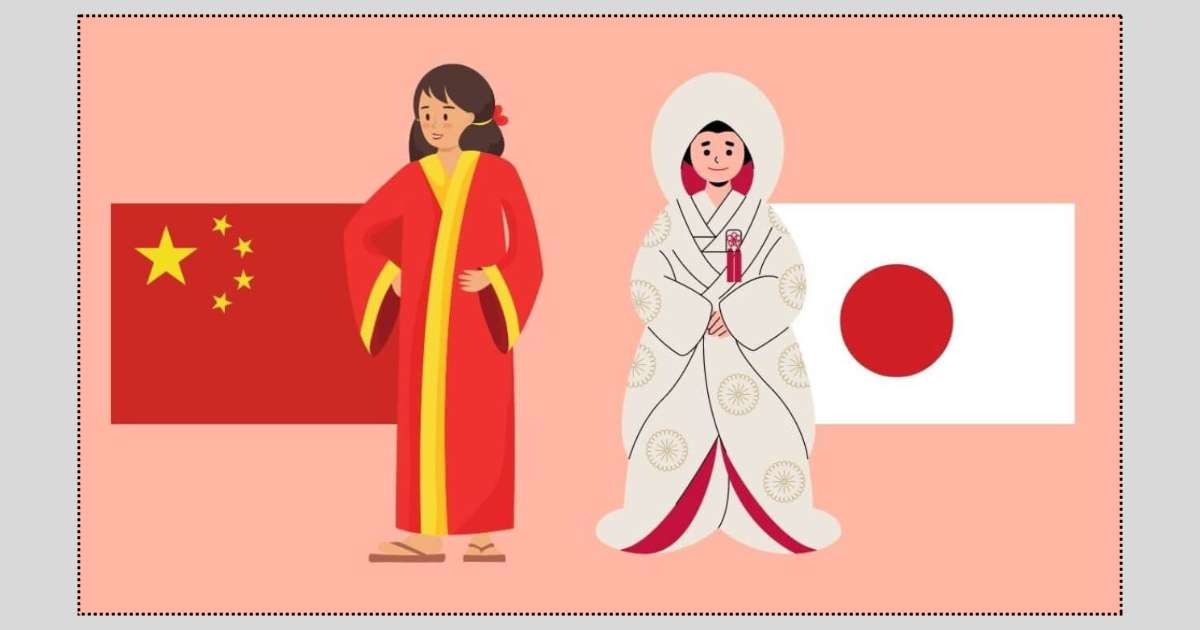
| Criteria | Best Option |
| Global usefulness | Chinese (Mandarin) |
| Business/career value | Chinese |
| Pronunciation ease | Japanese |
| Writing system simplicity | Japanese (Kana) |
| Grammar simplicity | Chinese |
| Cultural/travel richness | Both (tie) |
| Speed to fluency | Chinese |
Key takeaway:
- Choose Chinese (Mandarin) if you’re looking for global business impact, faster fluency, and a language used by over 1 billion native speakers.
- Choose Japanese if you’re drawn to the culture, prefer easier pronunciation, and want to enjoy anime, manga, and travel in Japan.
Chinese vs Japanese? What’s the Main Difference?
While both Chinese and Japanese use Chinese characters (hanzi/kanji) and are East Asian languages, they are not mutually intelligible.
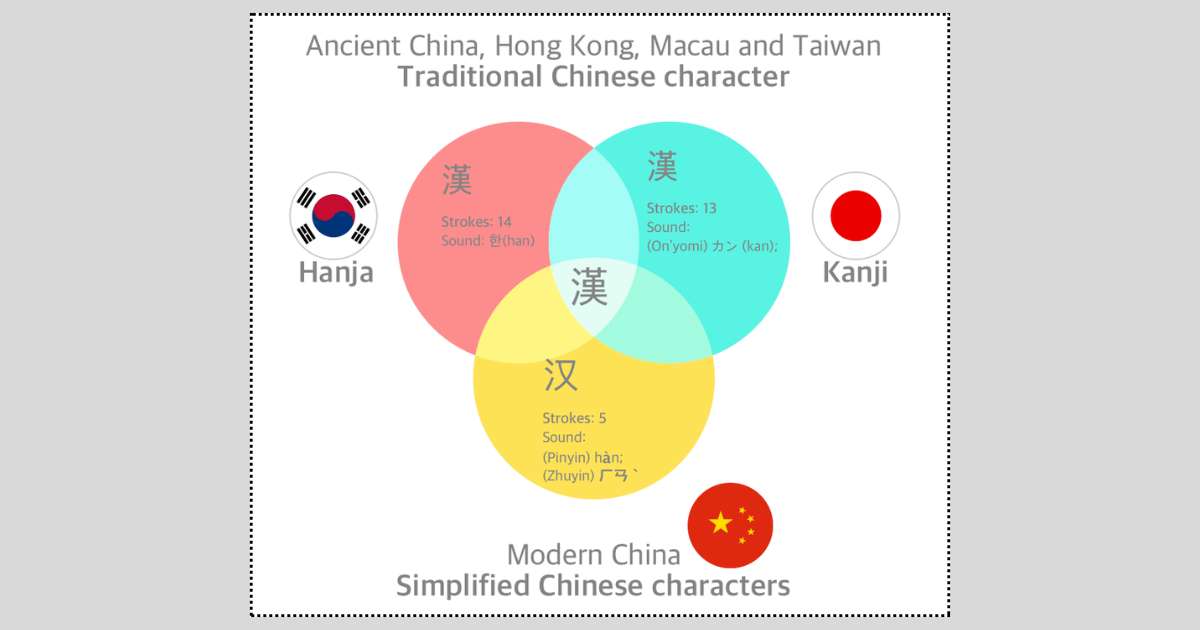
Similarities:
- Use of Chinese-origin characters (Chinese: 汉字 / Japanese: 漢字).
- No verb conjugation for person (like “I go/you go/he goes”).
- Rich cultural history and formal language levels.
Differences:
| Feature | Chinese (Mandarin) | Japanese |
| Alphabet | Characters only (no alphabet) | Hiragana, Katakana, Kanji |
| Grammar | SVO (subject-verb-object) | SOV (subject-object-verb) |
| Verb Tenses | Simpler, no conjugation by person | Complex verb forms and politeness levels |
| Pronunciation | Tonal language (4+ tones) | Non-tonal, consistent syllables |
Key takeaway:
- Chinese is faster to speak and write due to its simpler grammar and sentence structure.
- Japanese pronunciation is easier for English speakers since it’s non-tonal.
Read more: Japanese vs Korean? Which Language to Learn First?
Chinese vs Japanese? Which Language Is Harder to Learn?
According to the U.S. Foreign Service Institute (FSI), both are Category IV languages for English speakers – meaning they’re difficult and require significant time to master.
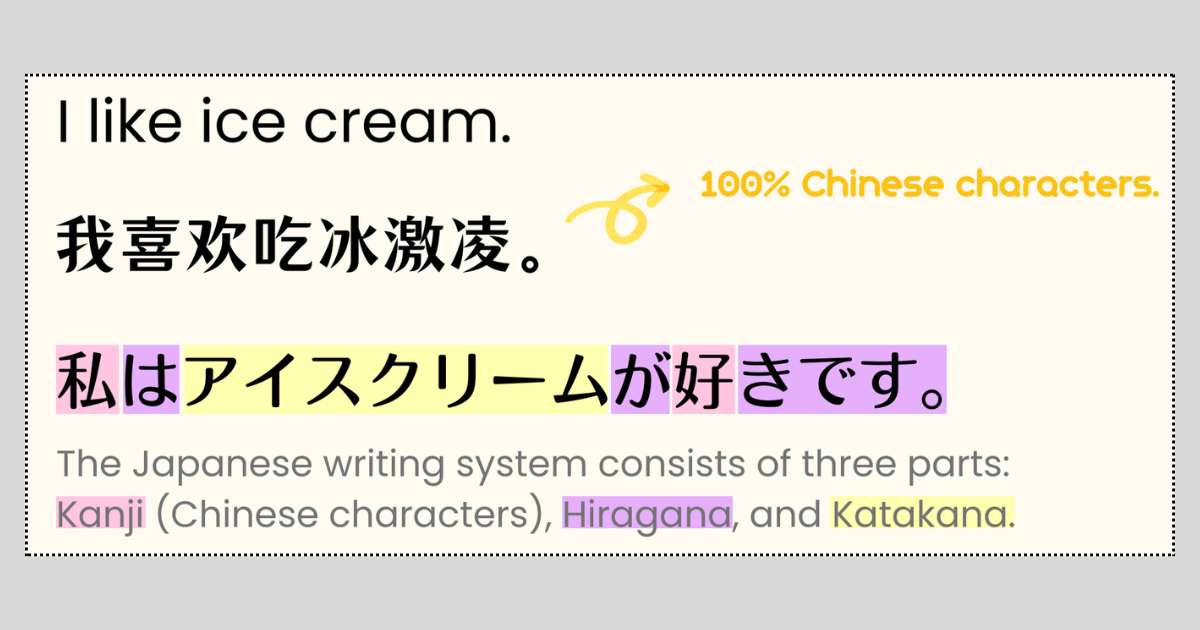
| Language | Grammar Complexity | Pronunciation | Writing System | Time to Learn (est.) |
| Chinese | Simpler | Harder – tonal | Characters only | ~2200 class hours |
| Japanese | Complex grammar, honorifics | Easier | 3 scripts: Kanji, Hiragana, Katakana | ~2200-2500 class hours |
Key takeaway:
- Chinese is grammatically simpler but harder to pronounce (because of tones).
- Japanese is easier to pronounce, but has more complex grammar.
- Both take 2,000+ hours to master, but Chinese may allow faster functional fluency.
Chinese vs Japanese? Which Language Is More Useful for Jobs?

Global Business Reach:
| Factor | Chinese | Japanese |
| Number of speakers | 1.1+ billion native speakers | 125+ million native speakers |
| Economic power | 2nd largest economy | 3rd largest economy |
| Job markets | China + Southeast Asia | Japan-focused, more niche |
| Global companies | Huawei, Alibaba, TikTok… | Toyota, Sony, Nintendo… |
Key takeaway:
- Chinese gives broader access to markets in China, Singapore, Taiwan, and more.
- Japanese is valuable for Japan-specific jobs, especially in tech, design, and culture-related sectors.
Chinese vs Japanese? Which Language Offers More Cultural and Travel Appeal?
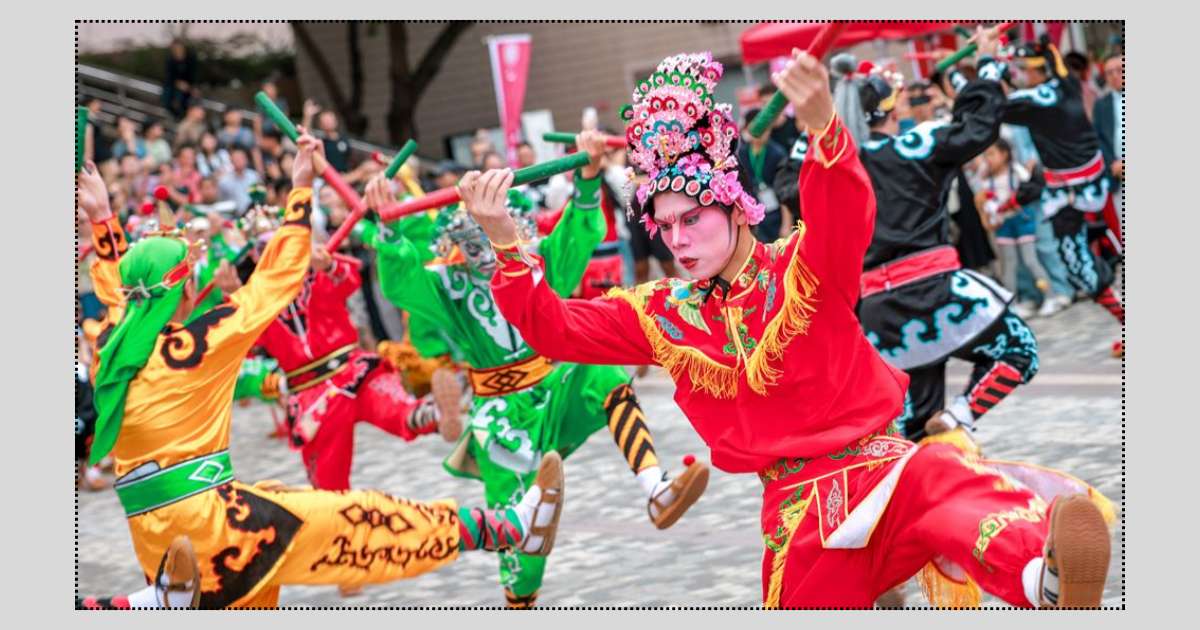
Culture & Travel Comparison:
| Category | Chinese | Japanese |
| Tourism | China’s vast heritage (Great Wall, Beijing, Xi’an) | Japan’s culture-rich cities (Kyoto, Tokyo, Osaka) |
| Pop culture | Movies, C-dramas, music (Mandopop) | Anime, manga, J-pop, gaming |
| Festivals | Lunar New Year, Mid-Autumn | Hanami, Obon, New Year (Shōgatsu) |
| Food | Diverse cuisine: dimsum, Sichuan | Ramen, sushi, bento, matcha |
Key takeaway:
- If you love anime, minimalist culture, or high-tech cities, choose Japanese.
- If you’re drawn to ancient history, Chinese dramas, or global influence, choose Chinese.
What About the Chinese vs Japanese ‘s Writing Systems?
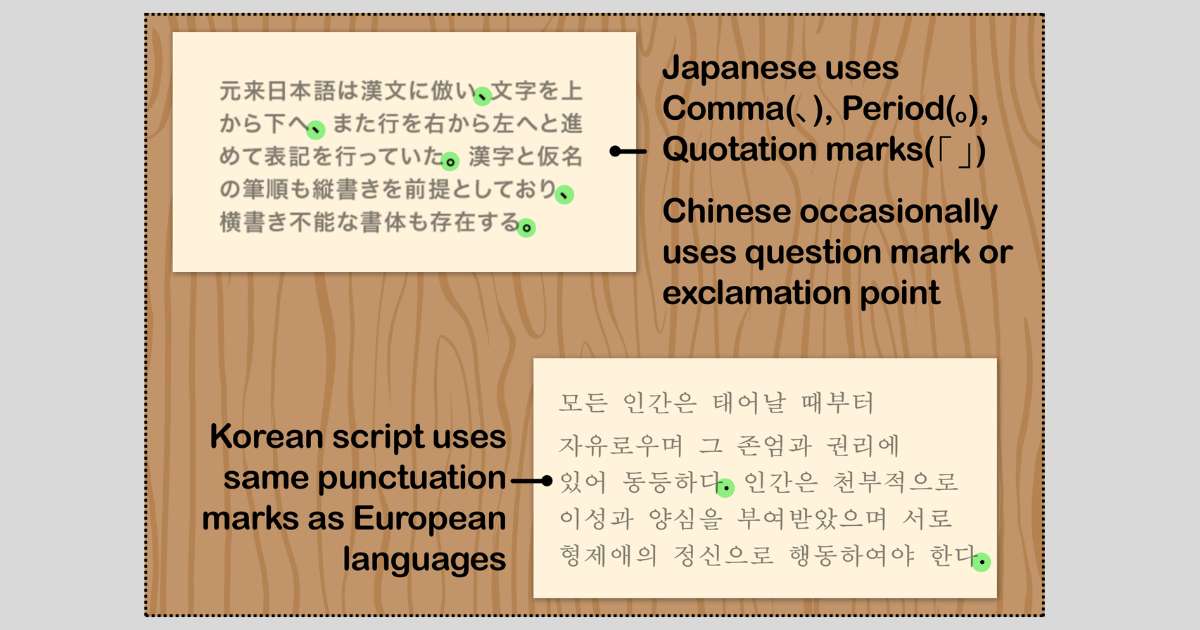
Writing System Comparison:
| Feature | Chinese | Japanese |
| Number of scripts | 1 (Simplified or Traditional Hanzi) | 3 (Hiragana, Katakana, Kanji) |
| Characters needed | ~3,000 for literacy | ~2,000+ Kanji + 92 Kana symbols |
| Romanization system | Pinyin | Romaji (less used) |
| Ease of typing | Easy with Pinyin input | More complex (multiple scripts) |
Key takeaway:
- Chinese writing system is uniform and faster to type (Pinyin input).
- Japanese has more scripts, but Hiragana & Katakana are easier to learn for beginners.
Conclusion, both Chinese vs Japanese are powerful, rewarding languages, but your choice should depend on your personal goals, interests, and learning style. Follow the Gurulango Blog regularly to stay updated with the best Chinese language learning tips and knowledge!
FAQ – Frequently Asked Questions
Q: Which is better to learn, Japanese or Chinese?
A: Depends on your goals. Chinese is more global and useful for business; Japanese is better for pop culture and travel in Japan.
Q: Is Chinese easy to learn if I know Japanese?
A: Yes, knowing Kanji helps with recognizing Chinese characters, but grammar and pronunciation are quite different.
Q: As an American, should I learn Japanese or Chinese?
A: Learn Chinese if you’re career-focused. Learn Japanese if you’re culturally curious (anime, travel, etc.